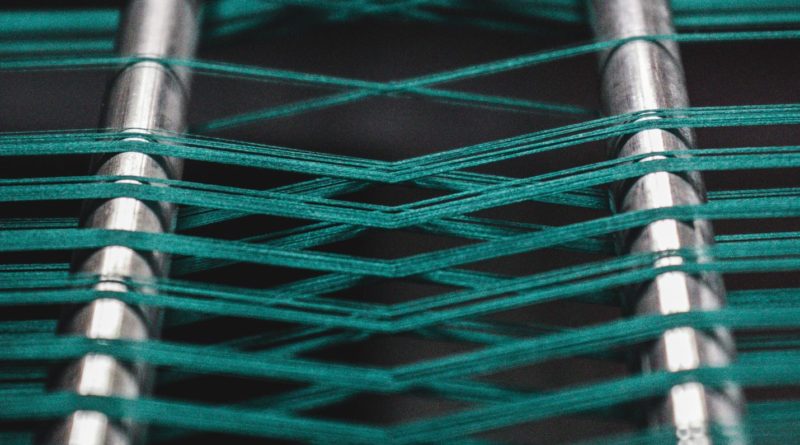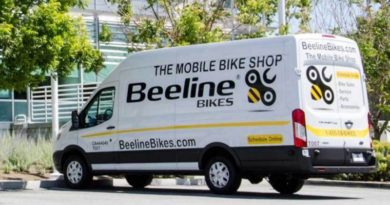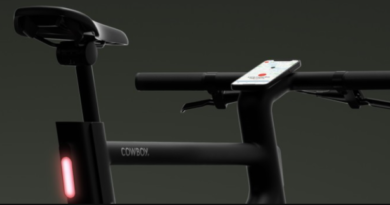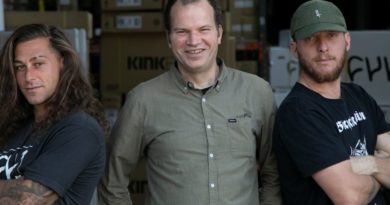Who are the bike industry’s most sustainable companies?
Who is setting the bar in the cycling industry on circular economy goals and broader sustainability benchmarks? Duncan Moore speaks with some standouts…
Patagonia made international news recently when its owner – Yvon Chouinard – announced he was giving up his share in the more than $1.5 billion Dollar outdoor clothing business which he founded in the 1970s. In September he gave all the stock in the company to a trust and a non-profit organisation – Holdfast Collective, which is dedicated to fighting environmental crises and defending nature.
When the news broke it naturally cause quite a stir prompting questions about big business, genuine sustainability versus greenwashing and throwing the focus onto outdoor pursuits in particular.
However, anyone with more than a passing interest in climate change and green issues would have been aware that Chouinard has always been an environmentalist and always led Patagonia to be a sustainable operation. And as such Patagonia was one of the first large corporate businesses to gain B Corp certification from B Lab – an internationally recognised classification of a commercial operation’s sustainability practices.
So, why should the cycle trade care about Patagonia becoming a part of a non-profit climate protection foundation or for that matter consider B Corp certification and compliance with internationally recognised standards for sustainability?
Well, isn’t cycling by its very nature ‘green’ transport? Not only that but if you take into account the whole principle of sustainability you begin to understand that cycling has much more to offer toward living sustainably. Yes, moving away from using fossil fuels by cycling more and driving less is one aspect of sustainability but to fully encompass it includes considering people’s health and well-being, as well as climate change.
So, just how sustainable is the cycle industry? Well on the face of it I’m sure most people would argue that it is well on the way given that cycling is clean transport and how exercise, such as cycling, can be beneficial to mental health, but then again how carbon intensive is the manufacture of bicycle and carbon fibre components in particular? What about the working conditions for staff in far eastern factories where much of that manufacturing takes place? Closer to home how much equality is there in the average bike shop? How sustainable it is to bring out new model ranges and products every year that makes previous stock obsolete? We all know it needn’t be this way and while we can’t all be like Yvon Chouinard there is a change happening within our industry. While B Corp may not be widely known in the cycle trade the first bike brand to gain B Corp certification certainly is – Chris King Components.
It should be no surprise that Chris King chose to gain certifiable accreditation for its sustainable practices. The company is well-known for its lifetime warranties on its products – backing the idea that cycling should not be a part of the disposable ‘wear-it-out and throw-it-away’ culture. However, for Chris King sustainability goes much further than making parts that last and not making its products obsolete every year simply by introducing new designs, nor would that be enough to get certified by B Lab. Getting that certification includes employing ethical principles such as local manufacturing, recycling wherever possible, paying a living wage and gender equality among employees.
Closer to home bike, clothing and outdoor gear manufacturer Alpkit lays claim to being the only bicycle maker to have gained B Corp certification. While the actual accreditation from B Lab might be relatively recent for Alpkit it is just one more step on the road to sustainability that has been happing since the company was founded.
Managing director David Hanney explains: “The cycle industry has a head start on environmental issues; bike use helps to offset the use of fossil fuels. There is something inherently positive about bikes and being sustainable has always been deep within the company. When we started in 2004 we wrote on our website that ‘we care about what we do’ and alongside that, we pay fair wages and try and do things that little bit better.
“With B Corp certification it’s not just about the environmental impact of the products we make. It’s far broader and covers things like how we do business and giving back. Sustainability is a very wide subject.
“From an environmental point of view a lot of what we are looking for is choosing low-impact materials; looking at the decarbonisation of Alpkit; we looking to move away from fossil fuels and modes of transport that use fossil fuels; making products that are long-lasting and repairable and ultimately recyclable.
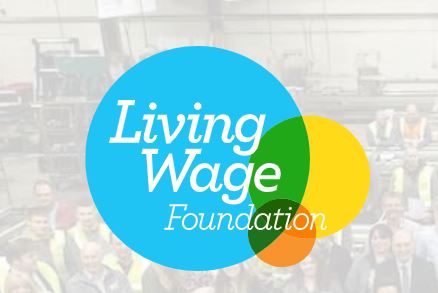 “In terms of ethics, it’s effectively wanting to be a good business and we look after our staff. We became a living wage foundation employer a couple of years ago. Which means we pay a minimum of £9.90 per hour and that’s going to be going up to £10.90,” says Hanney.
“In terms of ethics, it’s effectively wanting to be a good business and we look after our staff. We became a living wage foundation employer a couple of years ago. Which means we pay a minimum of £9.90 per hour and that’s going to be going up to £10.90,” says Hanney.
While Chris King and Alpkit are two examples of bike industry businesses with a focus on the hardware side of the market, the cycle clothing sector is potentially even less liable to be seen as sustainable simply because it has always been so seasonal and cyclical, while not as much as fashion labels it is still an issue. However, some operations are looking to change that perception and one example is Isadore, the clothing brand founded by brothers and former pro road racers Martin and Peter Velits.
“We perceive sustainability as an absolute necessity in the current environmental crisis and moreover, as a long-term business approach that requires close attention to current operations along ecological, social, and economic environments,” says Boris Stefanik, Head of Brand at Isadore.
“Since the initial founding of Isadore, we have tried to optimise our operations along these lines, to establish that sustainability is an essential value for our business. Hence, the choice of our production location and supply chain has been strategic to follow this set value.”
This is one of the key points of a truly sustainable business, working locally, be that with suppliers or supporting the local community by making it easy for people to access jobs that pay a living wage and which if they can cycle to. Obviously, it is not always the case that for certain processes and products can be produced in this way and this is a point that is acknowledged by Hanney: “If I know the overseas factory treats its employees then I am happy to work with them. An example of this is the factory we use for our titanium frames. It has a really skilled workforce.”
However, when possible and to be classed as a sustainable product, making it as near to the source as possible is always preferable as Stefanik explains: “We strive to place our production in Europe, closer to our customers, and thus, decreasing the CO2 emissions throughout the delivery stage. “Hence, we place a lot of importance on tracking where our materials originate and being totally open about what we know and what we haven’t uncovered. We believe that the location where we produce and the supply chain has gotten more attention in recent year because customers care more about the whole production process, and subsequently, Isadore offers complete transparency in the understanding of our supply chain.
“From the initial operations, we knew we wanted to work with our hometown Makyta Factory in Puchov. As our business grew, so did our production sites. Currently, Isadore’s production is equally spread between Slovakia, Portugal, and Lithuania.” Stefanik says that those locations were chosen “because we care about good working environment for textile workers. We know the workers there get the European living wage, work in good conditions, and take pride in their craftsmanship.”
It is clear then that for a business to make the move towards being sustainable it needs to be consciously aware of where its materials and supplies are sourced from and that the workforce at each step along the production process is fairly dealt with. So, what else can and should be done to claim sustainability?
Recycling and the use of recycled materials have always been strong points in the Chris King journey to sustainability and it’s a theme that’s common to both Isadore and Alpkit, too. “Whether it be steel, aluminium or titanium you have a material that is very intensive to produce, but once you have got it you have something that can last for years and that helps offset the energy use that created it. That’s why products should be designed and built to last and be easily repairable. And at the end of a bike’s usable life much of the material can be recycled,” notes Hanney.
He continues: “However, I’ve recently been trying to find a way of getting recycled titanium and carbon fibre. Recycled steel is not a problem. When I asked Reynolds what the recycled content is in 531 tubes I was told it’s 100%. If the industry works together we can get titanium and carbon fibre back to be recycled and close the loop in the production cycle.”
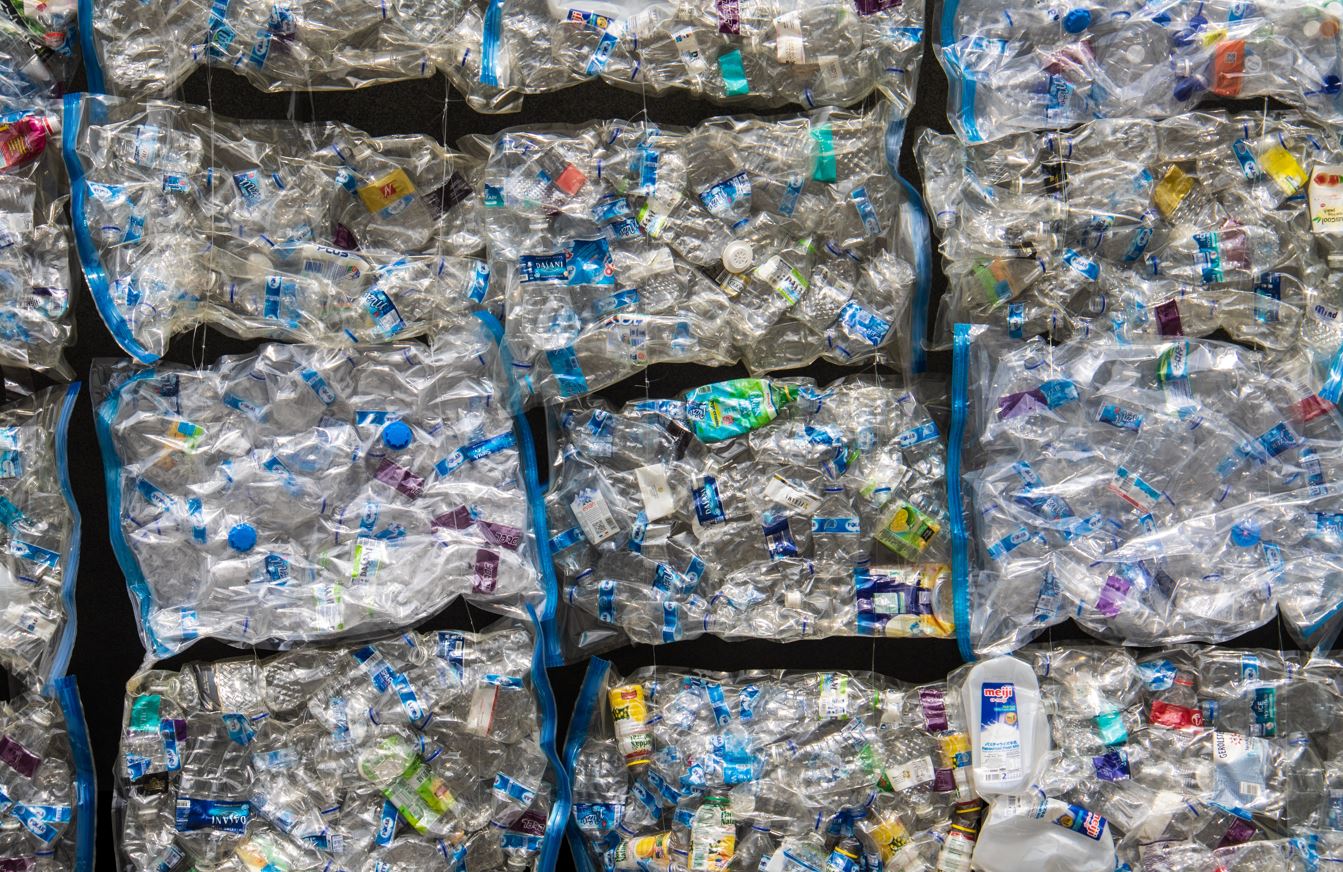
While recycling metals is a fairly obvious move and becoming more common, it’s less obvious how recycled materials can be incorporated into a high-end clothing range such as that offered by Isadore, who say “Sustainability is a key driver for innovation. For instance, our Alternative line carries an underlying message of the line being sentenced to disappearance. We named it Alternative because we want to portray that well-chosen recycled material can work equally well as non-recycled material, hence, we are replacing virgin plastics with this recycled material in other collections as well. Our goal is to replace all virgin plastic by 2025. Alternative will be the new ordinary.”
As an example of just how far the Slovakian clothing brand has taken the idea of recycling Stefanik explains how the use of recycled yarns depicts the company’s main initiative to sustainability. “By converting PET into recycled polyester the production requires less water and energy than it would to produce virgin polyester. Since there isn’t always enough material available from used PET, our fabric is made from rPET, which is GRS-certified polyester, recovering and transformed material that was once a PET bottle, with no new plastic added. Hence, decreased levels of CO2 emissions are being produced and the use of non-renewable resources is not essential. By using rPET, we avoid creating more virgin plastics and prevent existing plastic bottles from ending up in oceans.”
All of this shows that even small steps can help on the road to sustainability, but what use is it if you can’t easily demonstrate the steps you’ve taken? It was a desire to be transparent about how the business operates in as sustainable a way as possible that led Hanney to invest in becoming a B Corp accredited business.
“What I really like about it [B Corp] is that it gives you a framework you can run to and how a bike that can be good for your mental health can offset the carbon used in its manufacture in a factory in China. We can use it as a handrail as to how do we prioritise conflicts and how do we resolve them and it can help with where you should look and where should you start to be sustainable.
“Sometimes it can be hard, when you are in a warehouse in Nottinghamshire, you can feel quite alone and wonder what do we do? Adopting the [B Corp] framework has been very enabling; the more we work with it and the more we understand it the more respect I have for it.
“The first time we applied it, I struggled to understand some of the questions but once you have run through the framework you begin to understand the gist of it and realise it’s a well-thought-through programme. I like it because it’s free to do the assessment. You can then choose whether you want to certify or not.”
While Isadore is not yet a certified B Corp it is a programme that the management team is aware of with Stefanik noting that “it’s a great way of inspiring a business to grow sustainably taking into consideration profit and purpose.
“Additionally, it gives businesses credibility and the ability to compare different corporations as often commitment to sustainability is ambiguous and unprecise. We are currently in the stage of identifying possible internal ways of becoming more sustainable through understanding the life cycle analysis of our products. However, looking forward, we would be interested in applying for the B Corp certification as our business could receive higher credibility, transparency, and we constantly strive for a sustainable business approach.”
As and when Isadore makes the move it will pay dividends. Hanney says that since Alpkit became B Corp certified the consumer response has been incredibly positive. “We’ve been on this path for a long time and there was a little bit where we thought ‘we’ve been doing this for a long time and customers didn’t realise we were using recycled materials, or that we do our own repairs’. But we’ve been surprised by the customer reaction and how engagement with B Corp has become far more prevalent.”
Chris King, Alpkit and Isadore may not operate at the same scale as Patagonia but is that a good thing or a bad thing for companies that want to change business practices to become more sustainable?
Stefanik notes that the transformations towards sustainable operations require a lot of effort but that for smaller businesses “the key benefits lay in flexibility and un-fixed format of internal operations. If a small business decides to change a part of its production, it should be relatively easy as they are not producing in such large amounts as larger corporations are.
“On the other hand, larger corporations have the finance, time, and scale to implement sustainable values. It is much easier for them to get the knowhow about sustainability through internal or external sources as they do not have to struggle with the basic operations of the day-to-day business.”
The same arguments are put forward by Hanney: “I think we have both got our roles in the process of change. Patagonia is huge and it can make change happen, but we don’t have a lot of leverage with a particular factory in the way that Patagonia does. However, we are far more agile, have far more attention to detail and can move a lot faster.
“Because we are small, we can easily move to a renewable electricity supplier, whereas if Patagonia wanted to do that it would have so many considerations to deal with.”
His final piece of advice for anyone, anywhere in the bicycle industry who wants to begin the transition to becoming a sustainable business is to “just concentrate on the small issues every day”.
UN SUSTAINABILITY GOALS
In 2015 the member states of the United Nations created a shared blueprint for peace and prosperity for people and the planet, now and into the future. It is made up of 17 sustainable development goals:
1: no poverty
2: zero hunger
3: good health and well-being
4: quality education
5: gender equality
6: clean water and sanitation
7: affordable and clean energy
8: decent work and economic growth
9: industry, innovation and infrastructure
10: reduced inequality
11: sustainable cities and communities
12: responsible consumption and production
13: climate action
14: life below water
15: life on land
16: peace and justice strong institutions
17: partnerships to achieve the goal
